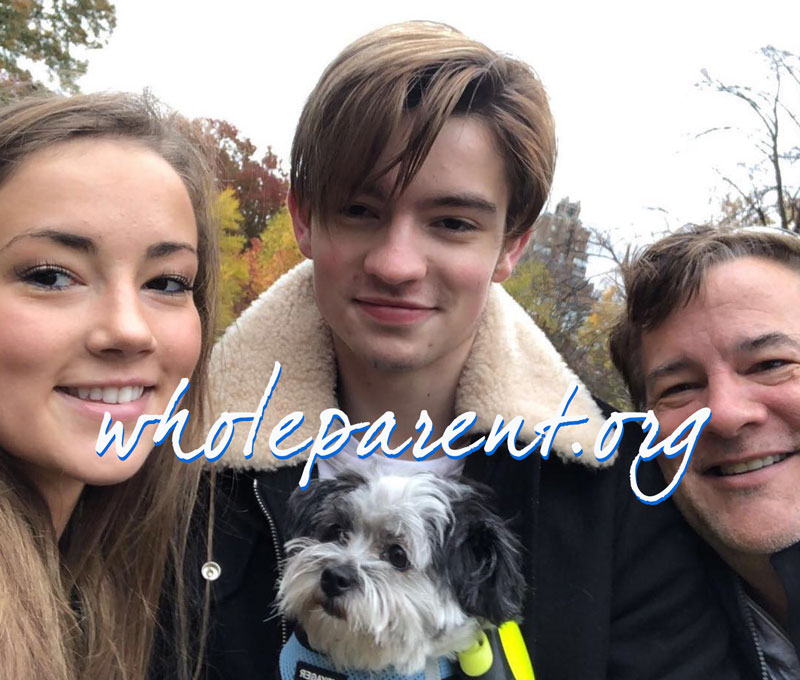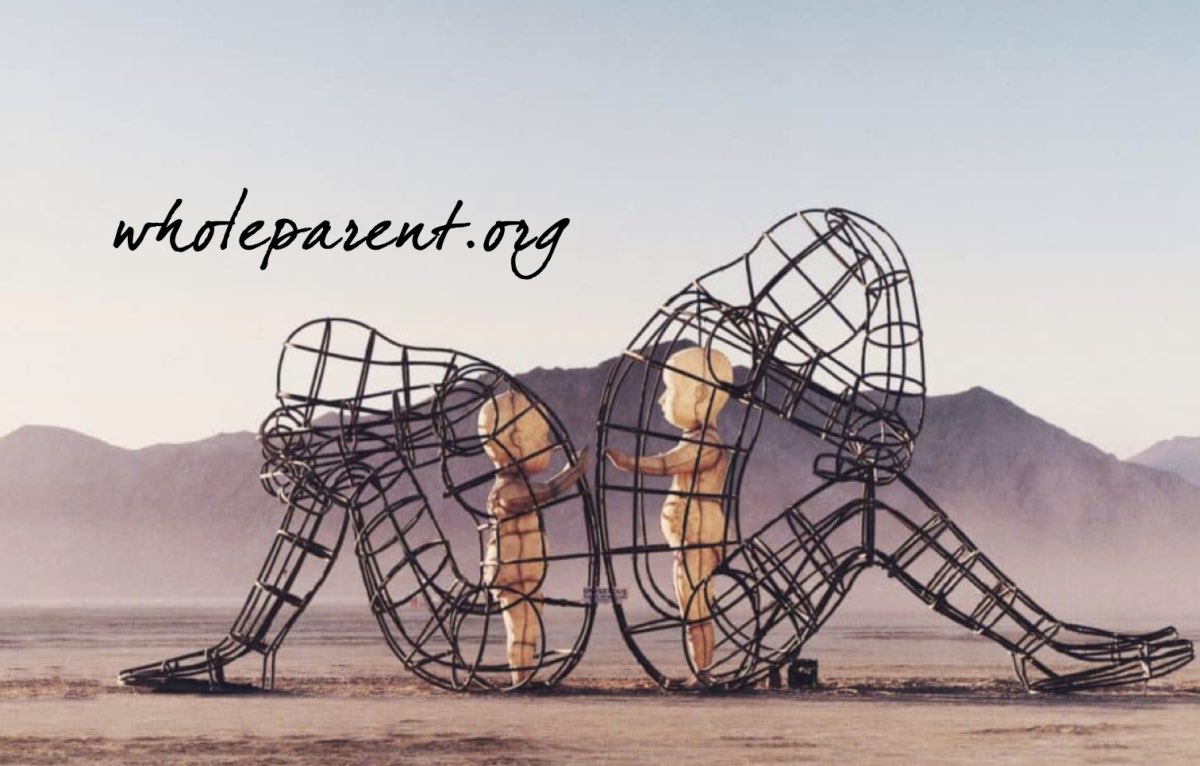Before we dig into this deep topic, let’s dive in with a definition of emotional intelligence.
From Psychology Today
Emotional intelligence refers to the ability to identify and manage one’s own emotions, as well as the emotions of others. Emotional intelligence is generally said to include at least three skills: emotional awareness, or the ability to identify and name one’s own emotions; the ability to harness those emotions and apply them to tasks like thinking and problem solving; and the ability to manage emotions, which includes both regulating one’s own emotions when necessary and helping others to do the same.
Emotional Intelligence in a Long-term Relationship
There are three parts to emotional intelligence.
Emotional Intelligence part 1:
Identifying your own emotions
Are you able to feel your emotions and own them as your own? Yes we get triggered by others (being cut off in traffic, for example) but feeling and tagging those emotions can take a bit more effort. When I am cut off in traffic I feel my anger immediately, but then I identify feeling and label it anger. It is important to tag emotions as they are happening, so you can respond appropriately. In the case the rush hour bum who cut me off, my reasoned response is not to respond. I allow myself to feel frustrated. I may yell at the driver from within my car, letting out some of my own anger. (But the other driver cannot hear me. I am doing them no harm.)
Emotional Intelligence part 2:
Harnessing your emotions
We can use our emotions to channel energy and motivation towards tasks and goals that are in our best interest and in the best interest of the relationship. My response to anger (my own or that of my partner) is my choice. I can use that anger in the moment to pay closer attention to how I’m driving. (Perhaps I was being the asshole.) I can take that anger with me as I drive to the tennis court for a challenge match and I can release the anger into the tennis balls and topspin crosscourt forehands.
Emotional Intelligence part 2:
Managing emotions
The most essential skill of emotional intelligence is regulating your own emotions (self-soothing) and helping others do the same when required. If I allow my anger in traffic to run my life or ruin my day, I’d be allowing the emotions to manage me. Instead, I release the anger harmlessly. I choose to yell in my car with the windows up, thus feeling my anger and letting my body express its rage. Often, I will then laugh at my silly outburst. I am lightening up and enjoying my own display of anger. In terms of self-soothing, I learned that rush hour traffic had plenty of opportunities to piss me off if I drove without awareness, and I learned that yelling in my car was an easy release of the tension in my body when I’m triggered by someone else’s inconsiderate or poor driving skills.
How Long-Term Relationships are Different
In a long-term relationship, you are going to be given plenty of opportunities to be triggered by your partner. If allow yourself to be vulnerable you are allowing your open-hearted presence to be receiving at a high level. When this loving action is not received you may feel anger, sadness, or indifference. In the case of relationships, it’s the indifference that we have to watch out for. When we recognize ourselves saying “fuck that” I’m going in the opposite direction, we can learn to identify that as indifference. Your opinion and actions have little or no effect on me, I’m going to ignore your request, your feelings, and I’m going to do whatever I want. Indifference is the opposite of emotional intelligence.
As I move into a loving relationship I have to fight against my “fuck it” response when things don’t go my way. I have to trust that my partner can and will receive my pain, frustration, or sadness with the care we’ve begun to establish as an emotionally intelligent couple. When our interactions start trending towards indifference it’s time for an intervention of some sort or an end to the relationship. We have to hold each other with emotional intelligence, both in the management and regulation of our own emotional bodies, but in care and attention to the WE of the relationship we are attempting to build.
When Emotional Intelligence Fails
If we are less connected to our emotional bodies bad things often begin to happen.
- We blame others for our anger
- We eat or use alcohol to numb our ragged feelings
- We isolate ourselves, fearing that our unattractive emotional state will harm or scare our partners and friends
- We stop trying to process our emotions and get above them and just let them ruin our day, our week, and poison our interactions with others
- We allow our bodies to move into toxic shame or burn out related to the suppression of our feelings
It’s clear, being more emotionally intelligent has benefits for both partners. And it’s essential for any relationship to survive the long haul, that will certainly present opportunities for growth. Relationships with others is the only way to build emotional intelligence. You can practice and hone your skills in any relationship.
The cashier at the grocery store may seem distracted or angry in a way that starts to make you react. If you can 1.) Identify the emotion (I’m getting pissed); 2.) Harness the energy (I’m going to say hello and break the isolation); 3) I’m going to manage my own emotional response and see the interaction for what it is (she’s mad/angry/indifferent) and I’m going to keep my calm and joy, simply allowing her to be wherever she is.
Pattern Recognition and Modification Requests
In relationships, you can allow your partner to be just where they are, but in order to grow and get closer as a couple, you’ve got to risk being vulnerable. You’ve got to identify the emotion in the moment, harness the energy coming up in yourself, take responsibility for only YOUR emotions and actions. Then you have to let your partner have and own their own emotions. And if you need to request a modification in the events that triggered you, or if these triggers become more of a pattern in the relationship, then you have to consider ending or changing the relationship.
Failure to Thrive in a Relationship
In a past relationship, I practiced emotional intelligence to the best of my ability. I read and processed Brené Browns BRAVING with this partner, but things still did not progress. We were not able to make progress in our emotional processing. Here’s how that looked.
Something would trigger my friend and their emotional body began to take over. Often they would glaze over and stop responding to any questions, apologies, or feedback.
I would try to hold the higher ground and begin what I called “going meta on the problem” and tried to regulate my own emotional response, but I also tried to hold the space for her to just “be where ever she is.” In this action, I was trying to take care of my own feelings or fear and frustration at having upset my partner. I was allowing her the space to process her emotional experience however she needed to. I stayed close to her and assured her that I was present, not leaving, and committed to working through any issue with her.
Progress and Commitment to Change
The problem was, she was not willing or able to process what was upsetting her. Yes, she knew I had said no to an offer for intimacy, but she didn’t understand why my “um, not right now” was so upsetting to her. And in the moment she was unable to own her part of the “trigger” and begin processing the emotional moment with me. Instead, she froze and withdrew from the moment. Often she would be frozen for the entire night. This gave me plenty of opportunities to feel triggered myself. And mostly, I was able to simply remain present for her, assuring her I was nearby and still loving her.
It is perfectly normal for intimate couples to trigger one another. It’s essential, actually, for growth to happen, for each partner to allow themselves to feel their emotions as deeply as possible. When a dark one comes up, it is essential for a person to process this pain with someone else. In the best-case scenario, this processing can happen with your partner. Another healthy way to process these upsets is to work through the triggers with a therapist who can help you identify the deeper emotional wounds that are causing the shutdown or isolation.
But, when the parter continues to shut down or respond in unhealthy and indifferent ways and refuses to own their side of the problem, it might be time for some serious reconsideration. In the case of my freezing girlfriend, I made a number of clear and spoken request for her to practice more conscious emotional intelligence with me when these triggers would arise. After the 5th or 6th emotional exit, even after we’d had the “I’ll do better” discussion, it was clear that no progress and no commitment to change was being offered. My partner was unhappy with her triggered behavior, but she was unwilling to look at what was causing her to exit the relationship emotionally.
Months after we broke up, I asked her, “Don’t you think it might be good to work through these triggers and emotional shutdowns with someone who loves you and who is willing to work through them with you?”
“Not really,” she said.
At least she was honest.
Always Love,
John McElhenney – life coach austin texas
@wholeparent
See more from the Dating Again section of The Whole Parent
- 18 Signs a Single Dad Likes You: Dating Again as a Single Mom
- A Relationship Fable: Am I Addicted to Touch?
- 6 Steps of Authentic Online Dating After 40
- Sexual Fulfillment: I Don’t Know The Answer, Let’s Find Out Together
- Online Dating Advice from the Whole Parent: Get Over Yourself
Reference:
- Basics of Emotional Intelligence -Psychology Today


